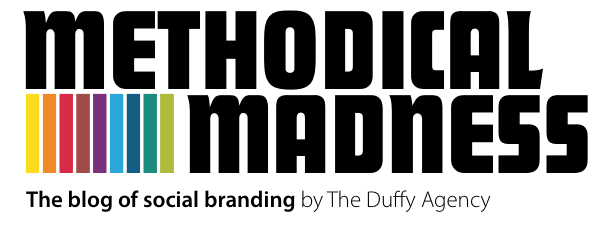What's lost in translation is found in adaption
 Friday, June 10, 2011 at 10:00AM
Friday, June 10, 2011 at 10:00AM As an international advertising agency, we are often asked by clients to help them extend their marketing message across borders. In fact, adapting marketing messages, campaigns and websites (Duffy Adapt) is one of the three main services we offer along with market research (Duffy Consult) and campaign execution (Duffy Create).

For many brands, their first thought might be to simply hire a translation company. After all, you've spent many months crafting your marketing message. All you need to do is translate the copy into the appropriate language for whatever market you are trying to penetrate.
But delivering your message to a new audience takes more than simply moving words from one language to another.
There’s nothing wrong with translators – in other situations they’re perfect for the job. But they will drain the motivational power out of your marketing message. And that motivational message is something you’ve spent a great deal of time and money crafting. That process probably included defining your target, getting into their heads to discover what they value and coming up with a creative execution to generate demand.
A translator isn’t concerned with what makes your customers tick. But that’s the core focus of an adaptor. Their job is to understand your goals and why they matter to the reader. They take your core idea and find the right way to say it in the new language. And sometimes the way it’s said is quite different, on the surface at least, than what you said in the original work.
We’ve all seen the humorous examples of translated marketing gone wrong. Pepsi famously launched in China with a slogan that originally read “Come alive with the Pepsi generation,” but locally meant “Pepsi will bring your ancestors back from the dead.” But the real danger is much more subtle. It’s more likely you’ll spend your time and money on something that looks and sounds pretty good, but ultimately falls flat with the target and fails to achieve your business goals.

Reader Comments (5)
In our view, adaptation is translation within context. Obviously, you need the linguistic background, but you also need the ability to create meaning. And sometimes that may mean changing the copy completely for the language or local customs to get across the same idea.
The important part is to make sure your message is communicated properly to the target audience regardless of what language it is in.
liva